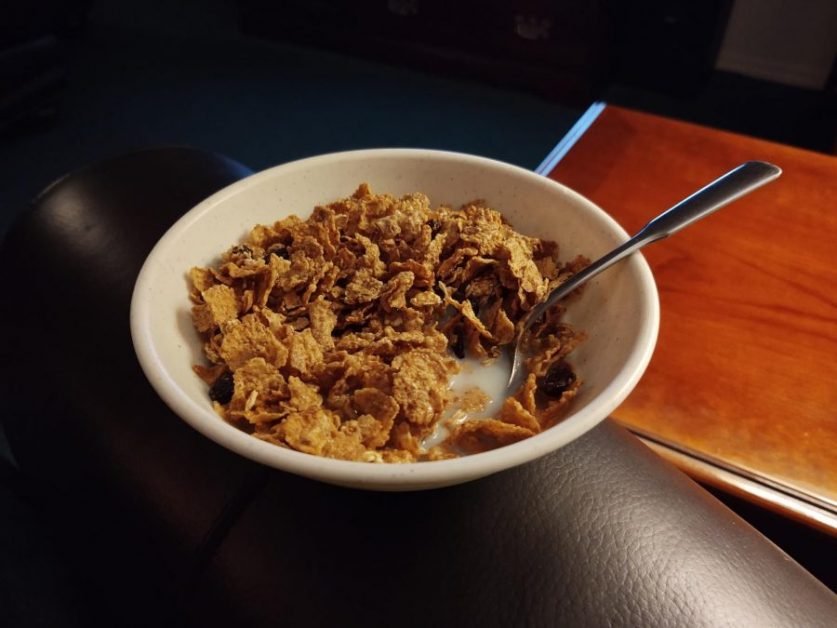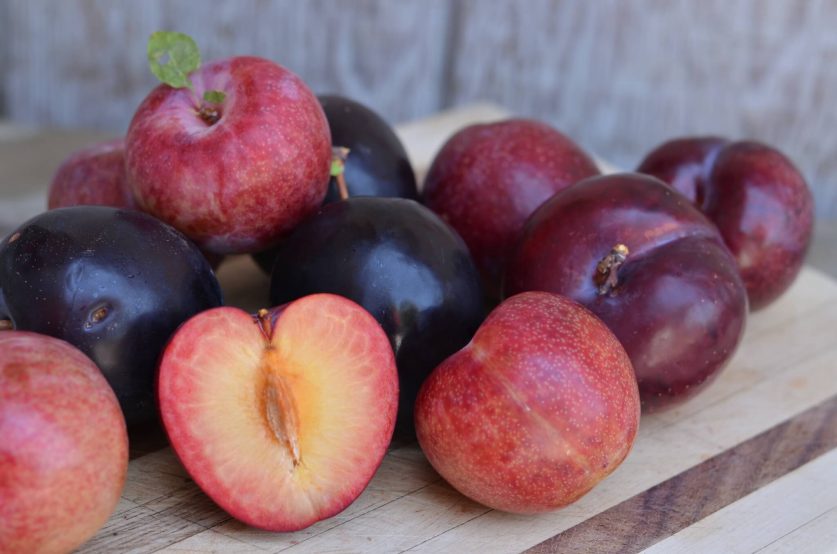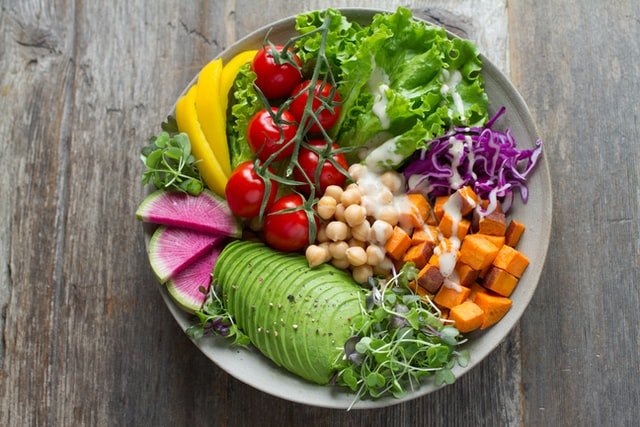f you love Raisin Bran Crunch cereal as much as I do, you’ve probably wondered whether or not it’s healthy. After all, if you’re eating this stuff on the regular, it’s only natural to want to make sure that it’s doing your body some good and not doing it any harm. Here are the facts about Raisin Bran Crunch, so you can find out if this cereal really lives up to its name as far as healthiness goes!
What are the ingredients in Raisin Bran Crunch
The ingredients in raisin bran crunch are: Enriched Wheat Flour (Wheat Flour, Niacin, Reduced Iron, Thiamine Mononitrate, Riboflavin, Folic Acid), Sugar, Raisins (Raisins), Oat Bran (Contains One or More of the Following – Oat Fiber, Oat Hulls), Partially Hydrogenated Soybean and Cottonseed Oil. Contains 2% or Less of Each of The Following: Sugar, Brown Sugar Syrup, Canola Oil with TBHQ to Preserve Freshness.
How do you make it
The granola and raisins add additional carbs, sugar, and fat to your breakfast. However, they also make it taste so much better! So if you’re only looking at weight loss benefits and not actually eating the cereal (which I don’t advise), then yes, Raisin Bran Crunch is healthier. But let’s face it—nobody buys cereal for health reasons alone. This is one of those times when it might be worth going with a less-healthy food simply because you like how it tastes better.
Is Raisin Bran Crunch better than plain cereal
A common question that has been asked over and over again. The answer to is raisin bran crunch better than plain cereal depends on what you put in your body on a daily basis. Are you eating enough fruits and vegetables everyday to make up for all of those extra sugars that have been added to it? If not, then no, raisin bran is not better than plain cereal. However, if you are eating plenty of fresh produce as well as other wholesome foods then yes, maybe there are some benefits to having some crunchy goodness sprinkled with plump raisins every now and then. Regardless of whether or not adding some cinnamon-sugar flakes from time to time will help your health or hurt it.
Research studies on Oatmeal
Eating oatmeal for breakfast may help lower cholesterol, according to a study published in a 2011 issue of BMC Medicine. The study found that eating oatmeal every day was more effective at lowering cholesterol than following a healthy diet, but without including oats. In addition, eating two-thirds of an ounce of nuts (about five walnuts) with your bowl of oatmeal can also help lower cholesterol levels. This may be because nuts are rich in monounsaturated fats and other heart-healthy nutrients. You should limit your daily intake of nuts to about 25 grams or roughly six whole almonds.
Why choose plain oatmeal over other cereals
In other words, oatmeal is high in fiber (which helps keep you feeling full longer), protein (which is good for building and maintaining muscle mass), and other nutrients (like iron, magnesium, selenium, manganese, and B vitamins). Oatmeal’s fiber content also allows it to stabilize blood sugar levels—meaning you don’t get that morning crash/hangry feeling some cereals cause. In fact, since one of oatmeal’s benefits includes regulating digestion—which has been shown to aid weight loss—it might even help prevent weight gain in the first place. On top of all that, research suggests that eating whole grains can lower LDL cholesterol and reduce your risk of heart disease. Add nuts or fruit for extra flavor.










